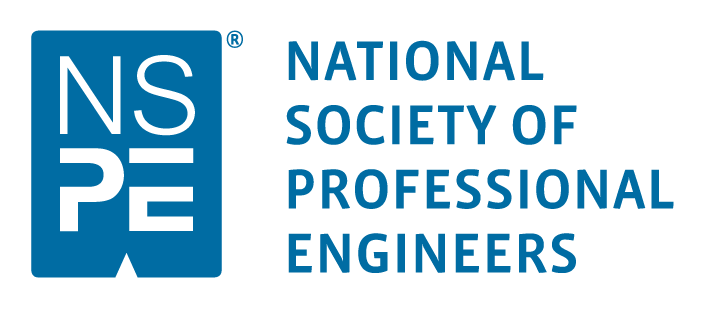Will Your Reserve Study Pass an Audit?
A well-conducted New Jersey reserve study and a detailed funding plan for cash reserves are crucial for ensuring the optimal performance of major area components being maintained by the homeowner association. It’s a fiduciary duty of association board members which in general protects the best interest of the community and provides the best quality of life that each member homeowner deserves.
However, conducting a reserve study is a very complex and involved process which is why getting the insight of an experienced professional should be of paramount importance for the association. If one major component is overlooked and not assessed by a professional and licensed engineer, the accuracy of the reserve study report and cash reserves that follow it will be compromised.
State laws require homeowners, townhomes, and condominium associations to engage a certified public accountant to audit, review, or compile the association’s annual financial statements. In the financial statements, a section called “Supplementary Information of Future Major Repairs and Replacements” should be detailed for community members’ scrutiny. That section should be based on the results of the reserve study.
For the association to ensure that it will pass an audit, the funding projection should be based on facts ascertained by a legitimate engineering firm specializing in conducting reserve studies and funding projections. With all that being said, the following details how professional engineers can help HOAs perform an accurate and well-established reserve study:
Ensure Realistic Replacement Costs and Useful Life Estimates
The American Institute of Certified Public Accountants (AICPA) detailed in the Audits of Common Interest Realty Associations (CIRA) the certain areas that accountants should focus on when auditing the Future Repairs and Replacement section of the association’s financial statement – the primary being the estimates for replacement cost and useful life of major components.
To produce the best estimates possible, a professional engineer with vast experience in structural inspection and analysis is warranted.
Hiring a professional engineer to conduct an inventory of common elements present is vital as their expertise in estimating the remaining useful life and replacement cost – whether it’s a structure or a mechanical item – can help prove that the costs stated in the funding plan are just and founded on the actual current condition of the components.
Thorough Analysis of All Common-Element Components
CPAs are also tasked to ensure that all common elements in the building or community are thoroughly inspected. With the expert guidance of professional engineers, community associations will be able to make sure that all common-element components are effectively identified and evaluated, which should ultimately enable them to create an accurate funding plan for cash reserves.
That said, below are some of the few common elements that are most likely to be overlooked by the association without the guidance of professional engineers:
- Concrete pavement restoration
- Elevator modernization
- Fire alarm systems
- Life safety systems
- Plumbing replacements or relining
- Electrical system upgrades
- Drainage system repairs
- Balcony railing repairs/replacements
Sound Preventive Maintenance Schedule
When the common elements are identified and inspected by a professional engineer, associations should also make sure to establish reasonable preventive maintenance for these components. Without a preventive maintenance schedule, the components will have to be replaced sooner, which will make the estimated useful life indicated in the reserve study inaccurate.
Adequate Reserve Schedule
AICPA reserve study standards also require associations to disclose on the reserve study report the plan for building the fund to cover anticipated expenses. It is recommended that associations consult a professional engineer to determine the best strategy or combination of plans fit for the community’s need.
Lockatong Engineering understands and complies with all New Jersey and industry standards and AICPA requirements guiding and governing reserve studies.
Our experience conducting reserve studies for many entities also means we’re sensitive to the conflicts that may arise in homeowner associations: We’ve worked well with owners, boards, and managers to deliver results for the organization.
Contact Lockatong Engineering today to learn more on how to ensure a complete and sound New Jersey reserve study.








